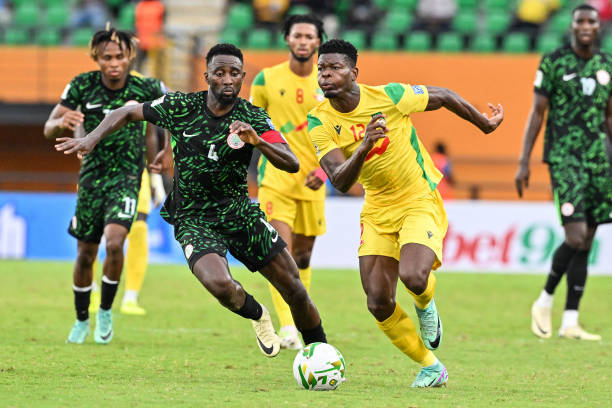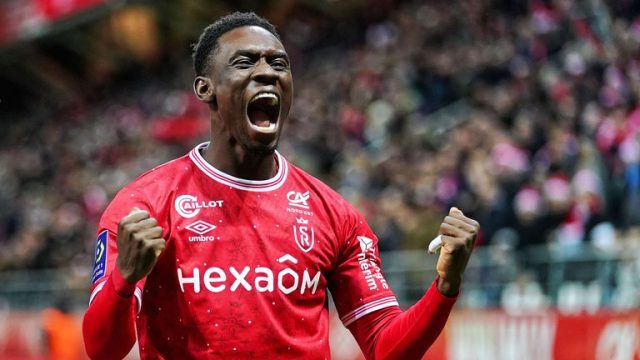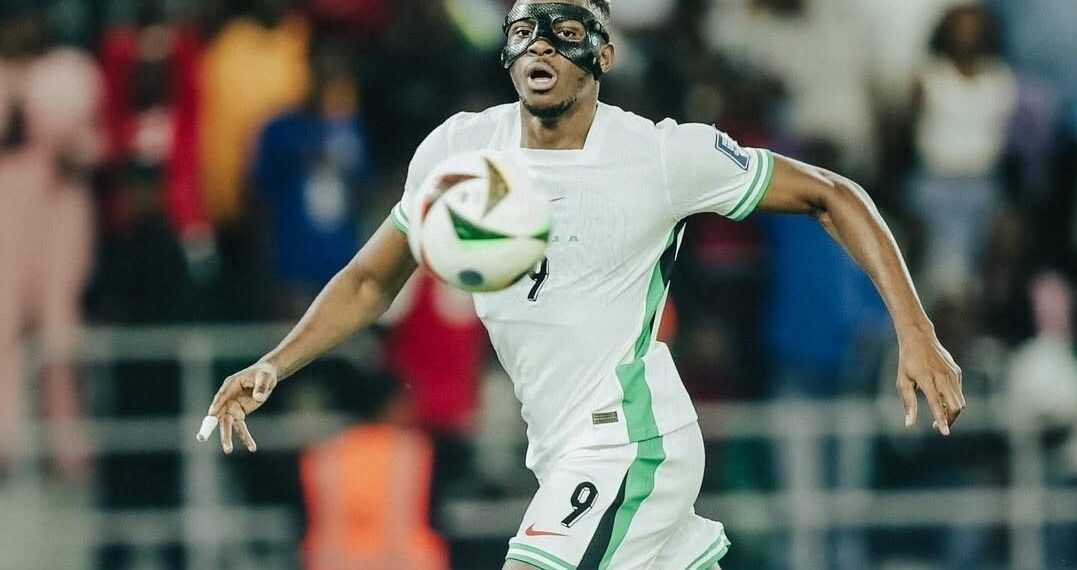As anticipation builds across Nigeria and much of West Africa, the Super Eagles have officially entered camp to kickstart their preparations for the all-important penultimate 2026 FIFA World Cup qualifier against the Crocodiles of Lesotho. For fans nationwide, from bustling Lagos viewing centres to small-town gatherings across the country and the diaspora, this moment marks another critical chapter in the enduring love affair between Nigerians and their national team.
The Super Eagles are based at the exclusive Ranch Resort in Polokwane, South Africa—a state-of-the-art facility chosen for its privacy and FIFA-certified amenities. According to team officials, the location offers the perfect setting for maximum concentration, away from distractions as the team plots their course for football’s grandest stage.
Upon arrival last weekend, head coach Eric Chelle and his coaching colleagues personally greeted the arriving squad. Players made their journeys from elite clubs in Europe and elsewhere, converging after connecting flights through Johannesburg. “The energy in camp is positive because everyone knows what is at stake,” a team spokesman in South Africa explained on Monday.
Training was scheduled to begin in earnest on Tuesday, October 7, making use of top-tier pitches and support facilities tailored for high-stakes international preparation. The task ahead is clear: secure a decisive win on Friday at the Peter Mokaba Stadium—an iconic World Cup venue known for its passionate supporters and fast-paced games.
Currently placed third in Group C, Nigeria trails the group’s pacesetters, Benin Republic, and South Africa by a margin of three points. The margin is slim, but the stakes could scarcely be higher: only the group winner is assured a direct ticket to the FIFA World Cup in 2026, with the next best placed teams entering a perilous playoff round.

With just two matches left in the qualifying race, the encounter in Polokwane is being treated as a must-win if Nigeria is to keep realistic hopes of an automatic berth alive. After facing Lesotho, the Super Eagles will return to home soil in Uyo for an all-crucial meeting with regional rivals Benin Republic on October 14, a clash sure to draw frenzied attention across West Africa.
Squad Updates and Key Returns
Coach Eric Chelle’s 23-man selection signals both continuity and renewal. Experienced captain William Troost-Ekong will reinforce the heart of defence, with the much-awaited return of Semi Ajayi adding valuable depth and aerial presence. Up front, Victor Osimhen, fresh from a remarkable club season in Europe, teams up with the ever-dangerous Ademola Lookman, offering Nigerian fans hope of goals and attacking flair.
Notable inclusions see the return of Terem Moffi, whose tenacity and physical presence have impressed in the French Ligue 1, while Russia-based Olakunle Olusegun and the skilful Alhassan Yusuf add energy in midfield. A highlight is the first-ever call-up for Akor Adams, the Norwegian league’s surprise top scorer this season. “It’s a dream to represent Nigeria, and I want to make my mark,” Adams told journalists before departure.
Despite these strengths, the squad’s defensive line has faced disruptions, with injuries sidelining important regulars. This poses challenges for tactical cohesion, prompting coaches to focus on in-camp integration and defensive drills. According to Lagos-based football analyst Chuka Nwosu, “Defensive stability, not just attacking flair, will determine Nigeria’s fate in this critical phase.”
Group Dynamics: Nigeria’s Challenge and Opportunity
Group C’s standings are delicately poised, sparking debate among fans and pundits. Nigeria—four points behind Benin and South Africa—must rely not only on their own victories but may also need favourable results elsewhere. Lesotho, widely regarded as underdogs, have earned a reputation for punching above their weight, especially with their strong defensive discipline. “There are no easy games in African qualifying anymore,” noted former Super Eagles midfielder Mutiu Adepoju in a recent interview.
The West African region’s FIFA World Cup history is rich, with Ghana’s famous 2010 quarterfinal run and Cameroon’s exploits in 1990 inspiring generations. Nigeria, three-time African champions, have featured at the tournament six times since their debut in 1994, but recent campaigns have exposed the growing parity in African football—a sentiment echoed across fan blogs and talk shows nationwide.
Local and Regional Reactions
In communities from Kano to Port Harcourt, conversations revolve around team selection, game strategy, and the significance of World Cup participation for national pride. Many supporters, like Abuja-based teacher Sandra Olatunji, view football not just as entertainment but as “a powerful unifier at a time when the country faces many challenges off the pitch.” According to reports, informal street polls reveal optimism is mixed with caution, shaped by Nigeria’s inconsistent campaign so far.
West African neighbors—especially supporters of Ghana and Ivory Coast—will watch events closely, mindful that qualification races on the continent are often decided by slim margins and the ability to manage pressure in away matches.
Implications Beyond the Stadium
Beyond sport, the Super Eagles’ fortunes hold significant social and economic consequences. The team’s success typically boosts local business for vendors, media rights holders, and hospitality firms. Conversely, a setback may fuel disappointment but also spur national conversations about investment in grassroots football and the structure of domestic leagues.
Looking beyond Nigeria, the eyes of global recruiters, sponsors, and the diaspora remain fixed on the Super Eagles, whose blend of homegrown and international talent showcases the continent’s footballing potential. Should Nigeria qualify, this would further spotlight African teams’ growing competitiveness at the world stage, enhancing opportunities for the next generation.
The Road Ahead: Focus on Lesotho
Head coach Chelle, speaking after the team’s first training session, urged the players to mix creativity with tactical discipline. “Respect every opponent, but play with confidence. We control our destiny,” he remarked, according to the Nigeria Football Federation’s official communication.
Friday’s fixture against Lesotho will kick off at 5:00 PM Nigerian time on October 10. Local broadcasters are gearing up for high viewership, while fans across the continent are expected to tune in by the millions. The match will not only shape Nigeria’s World Cup ambition but also offer a showcase for some of Africa’s most exciting young talents.
As Nigeria takes to the field, the nation’s hope will rest on a blend of seasoned internationals and hungry newcomers—each carrying the dreams of millions. However, the journey doesn’t end here: the final group match against Benin in Uyo looms as a potential decider in this dramatic qualifying race.
Whether you’re cheering from the stands in Polokwane, gathering with friends at a Lagos viewing centre, or following live updates from abroad, one thing is certain—the Super Eagles’ pursuit of World Cup glory continues to unite and inspire.
Do you believe the Super Eagles have what it takes to clinch a World Cup spot this time around, or are there areas you feel still need urgent improvement? What would qualifying mean to you, your family, and the country at large? Share your thoughts below and join the conversation—your opinion matters!










